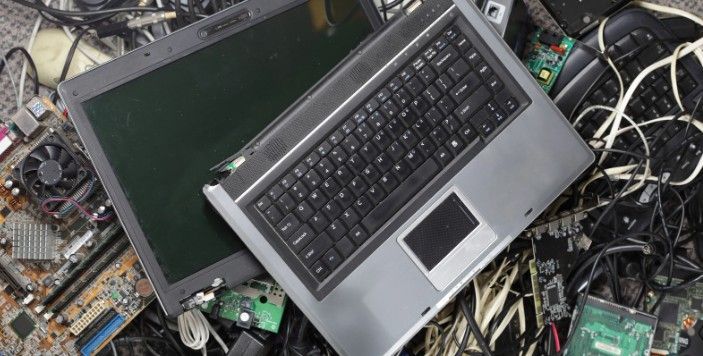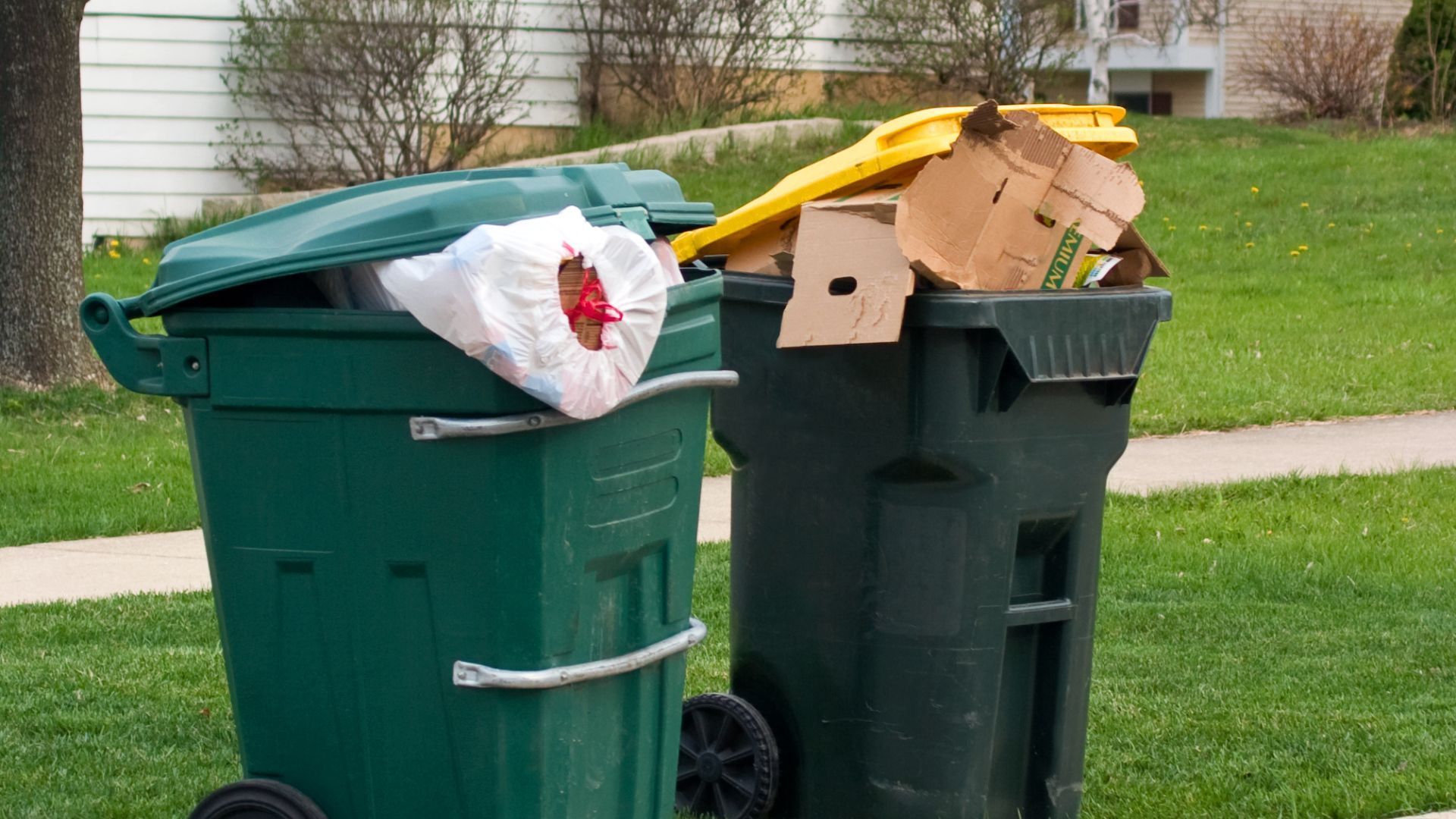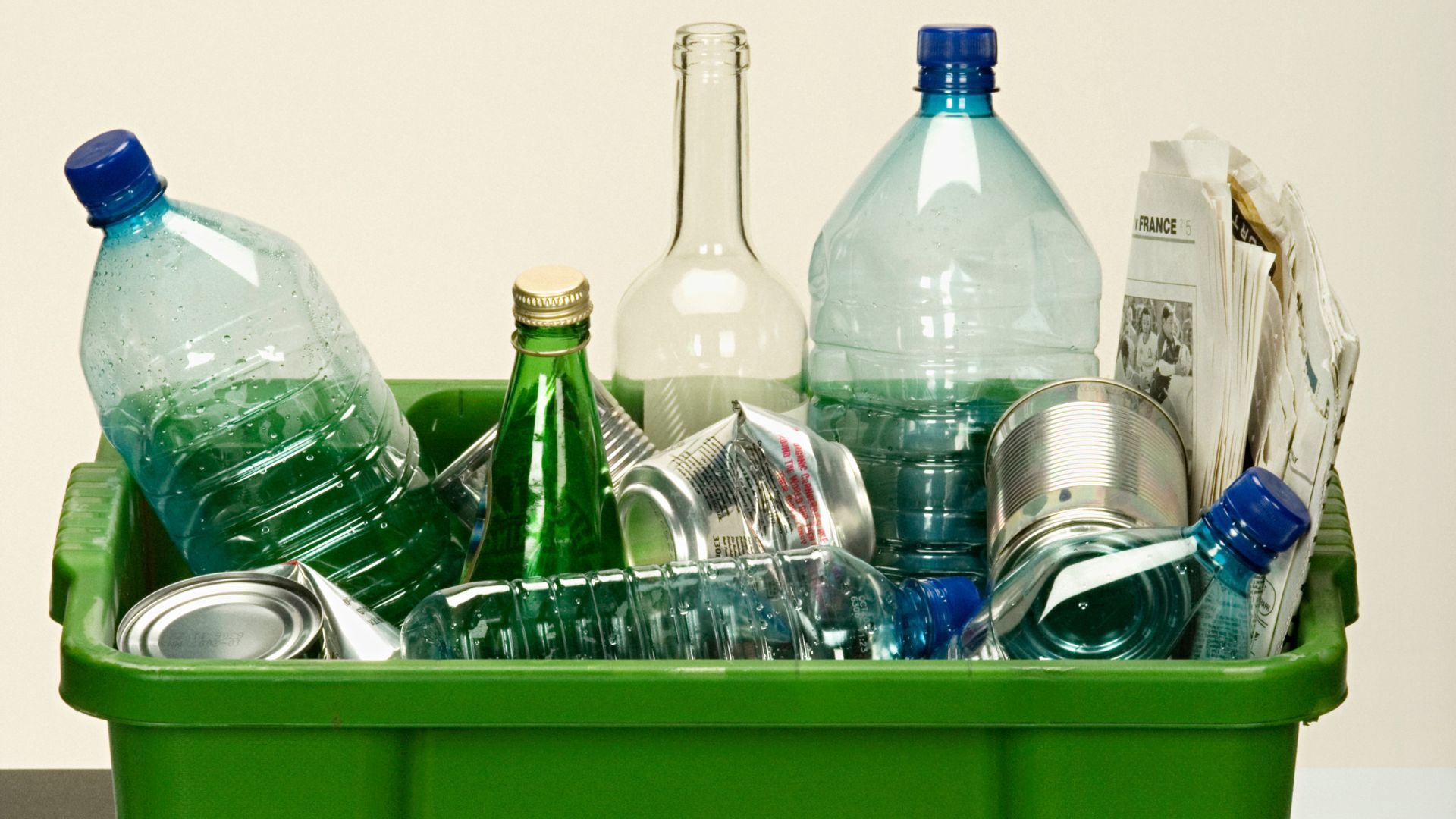Why E-Waste Disposal Augusta Matters for Our Health
In today’s fast-paced, tech-driven world, our lives are surrounded by electronic devices—from the phones in our pockets to the laptops on our desks and the smart TVs lighting up our living rooms. But as technology evolves and newer models emerge, the fate of yesterday’s gadgets often goes overlooked. What happens to all the outdated, broken, or unused electronics piling up in homes, offices, and storage closets? The answer, for many, is unsettling. When improperly discarded, these items morph into what is known as electronic waste—or e-waste—a silent and growing threat to our health, environment, and community well-being.
This issue is especially relevant in places like Augusta, where modern living and environmental stewardship must go hand in hand. E-waste disposal isn’t just about decluttering—it’s about protecting ourselves and future generations from toxins hiding inside circuit boards and batteries. From groundwater contamination to air quality degradation, the effects are far-reaching. Understanding why e-waste disposal in Augusta matters isn’t just important—it’s urgent.
Understanding E-Waste and Its Hidden Dangers
Electronic waste—or e-waste—encompasses discarded items like old smartphones, laptops, and TVs that previously powered daily life. While these devices may seem harmless once useless, they conceal a cocktail of toxic materials: lead, cadmium, mercury, and flame retardants lurk beneath glossy screens and plastic casings. When improperly discarded, these substances seep into soil and water supplies, slowly poisoning both ecosystems and the communities that depend on them, a process that unfolds invisibly but persistently.
Beyond environmental damage, e-waste poses direct threats to human health. The breakdown of toxic compounds releases heavy metals into the air, which can exacerbate respiratory ailments such as asthma and bronchitis. Simultaneously, chronic exposure—especially in children—has been linked to cognitive impairment, developmental delays, and even endocrine disruption. In short, what may look like a pile of obsolete gadgets is more accurately a reservoir of hazards. Recognizing these risks underscores the critical importance of responsible disposal, setting the stage for healthier neighborhoods and a more secure future.
The Environmental Toll of Neglected Electronics
When e-waste finds its way into landfills, the consequences extend far beyond discarded plastic and metal. Rainwater filtering through these dump sites can pick up residual toxins, transforming into polluted leachate that migrates into groundwater. From there, rivers, lakes, and aquifers absorb the contamination, affecting both wildlife and agricultural zones. The end result is a poisonous cycle: toxic runoff harms aquatic life and degrades biodiversity, while farmers and rural communities face elevated risks as they tap into contaminated water sources for irrigation or drinking.
Furthermore, improper incineration of electronic materials—sometimes practiced to salvage valuable metals—releases dangerous dioxins and furans into the atmosphere. These compounds, when inhaled or ingested, accumulate in the fatty tissue of mammals, including humans, and have been associated with immune dysfunction, reproductive issues, and cancer. This invisible cloud of health hazards extends far beyond the burn site, drifting on wind currents and potentially affecting distant communities.
Why Augusta Must Care About Proper E-Waste Disposal
In regions like Augusta, Georgia, where technological adoption is expanding steadily, the question isn’t “if” but “when” obsolete electronics start piling up. Local landfills—already contending with household trash and construction debris—risk being overwhelmed by additional e-waste if no proactive steps are taken. Moreover, wild collection points without proper containment invite leaching and informal recycling, where mishandling by untrained individuals can improperly release toxins. Preventing these outcomes demands a community-wide shift toward regulated, secure disposal methods.
Local health care systems and schools also bear the indirect impacts of e-waste pollution. Elevated exposure to heavy metals and pollutants strains nearby hospitals with increased respiratory and developmental cases, often traceable to environmental origins. Augusta’s future depends on weaving safe electronic disposal into everyday life— ensuring that when a gadget is replaced, it isn’t merely abandoned, but processed correctly. By doing so, the city fosters responsible stewardship that promotes clean air, pure water, and durable public health.
Key Risks in DIY E-Waste Handling
Some residents attempt to dismantle electronics at home, often believing they’re engaging in eco-friendly recycling. However, without proper training or equipment, this practice can be perilous. Batteries—especially lithium-ion—may catch fire, while broken screens and circuit boards can expose workers to carcinogens like brominated flame retardants. Dust from these materials is easily inhaled or ingested, posing hidden threats. What begins as a quest to save money or reduce landfill load can quickly spiral into unrecognized danger.
Even small-scale attempts at metal recovery can cause contamination. When old cables or components are crushed, heavy metals like lead, copper, and nickel can flake off and settle into household dust. Over time, children playing near these areas may suffer subtle but cumulative health issues. Inadequate ventilation exacerbates the problem, turning a quiet garage job into a potential health hazard. Learning about these risks makes it clear that e-waste disposal must be approached with awareness and professional oversight, rather than well-intentioned but unsafe DIY efforts.

Benchmarks for Safe and Effective E-Waste Programs
An ideal e-waste disposal operation embraces a multi-pronged strategy. First, certified recycling facilities disassemble electronics in dedicated zones with filters that prevent airborne toxins. Second, materials like batteries and circuit boards undergo specialized processing to reclaim precious metals safely. Lastly, residual waste gets documented and transported to licensed handlers for final treatment or secure storage. Through these coordinated steps, each component receives the attention it needs, significantly reducing health threats and environmental risks.
Transparency plays a crucial role in maintaining community trust. Accredited programs often use chain-of-custody tracking, detailing each stage from drop‑off through final processing. This documentation ensures accountability and discourages under‑the‑table disposals that bypass safety measures. Furthermore, educational outreach—workshops at community centers or mobile units in neighborhoods—empowers residents to understand what goes into electronics and why safe disposal stands between them and potential harm. Such comprehensive efforts elevate e-waste management from a simple convenience to a public necessity.
Health Hazards Tied to Improper E-Waste Disposal
Exposure to heavy metals such as lead and mercury manifests in a range of health problems. In children, even low-level lead absorption has been correlated with lowered IQ scores, delayed development, and behavioral difficulties. For adults, long-term mercury exposure can lead to kidney and neurological issues. These silent, persistent harms underscore why so many communities mandate regulated e-waste disposal—you’re not just tossing an old device, but a host of hidden toxins that can follow you home through water, soil, or air.
Vulnerable populations—pregnant women, the elderly, and people with respiratory conditions—are particularly at risk. Fine particulate matter released during improper electronics processing can exacerbate conditions like asthma and chronic obstructive pulmonary disease. Inhaling dust accompanied by flame-retardant residues may weaken immune responses and heighten susceptibility to infections.
How Recycling Electronics Improves Public Well-Being
Community-based recycling initiatives strengthen social infrastructure even as they manage pollution. Drop-off sites equipped with safe bins reduce the likelihood of illegal dumping in public areas, ensuring toxins stay contained. Partnering with reputable recyclers keeps hazardous materials away from unmonitored locations, and allows those recyclers to retrieve precious metals that can be reutilized—supporting circular economy principles.
Public awareness campaigns reaffirm this intention. School programs, city newsletters, and social media posts that explain the lifecycle of devices turn disposal into a shared responsibility. Encouraging families to participate in e-waste drives fosters a stronger sense of collective ownership over local well-being. Every gadget contributed to a safe recycling program keeps toxins out of the air and water. In this light, e-waste disposal becomes more than a duty: it transforms into an act of caring for one’s home, neighbors, and future generations.
Economic and Regulatory Drivers Behind Proper E-Waste Management
Governments frequently offer incentives or mandates for e-waste recycling, recognizing it as both an environmental and public health imperative. Grants for setting up certified recycling centers reduce startup barriers, while fines deter hazardous dumping. In some states, manufacturers are required to offer take-back solutions—ensuring devices are processed responsibly at end‑of‑life. By combining regulatory pressure with financial support, authorities guide both industry and citizens toward best practices that benefit community health.
Local economies can wind up strengthened through these frameworks. Trained recyclers, certified facilities, and logistics networks create new job opportunities, from collection drivers to material analysts. Recycling often turns otherwise harmful trash into reusable commodities, contributing metals back into supply chains. These activities not only mitigate health hazards, but also foster economic resilience. Through effective regulation, Augusta can pave the way for wage growth, environmental safety, and circular innovation—all stemming from smart handling of old electronics.
Embedding E-Waste Awareness in Everyday Life
Adopting a simple mindset shift—considering every electronic as “lifelong” until properly retired—can make a huge difference. When shopping for a new device, looking for manufacturer take-back or hardware trade-in programs signals responsibility. Households can designate a drawer or bin for old chargers and gadgets, collecting them until participating in scheduled recycling drives.
Parents and educators also play a vital role. Explaining to children that electronics are more than toys, but also sources of chemicals if not handled correctly, plants seeds of environmental literacy. Community centers can host themed events around Earth Day or Tech Month, turning e-waste collection into educational festivals rather than chore. In these moments, dropping off a phone becomes an opportunity to learn, connect, and honor one’s care for the community.
Conclusion
Responsible e‑waste disposal isn’t just a matter of clearing clutter—it’s a health imperative that ripples across society. Improper handling compounds the risk of disease, developmental harm, and environmental degradation, while certified recycling offers protection, transparency, and community well‑being. By embracing safe disposal habits, Augusta residents can shield vulnerable populations, reinforce civic trust, and set the stage for long‑term ecological and economic resilience.
For safe, local e‑waste disposal, contact Hinkins Disposal in Augusta, GA. They offer certified processing, secure tracking, and convenient drop‑off services. Reach out at (706) 885‑4032 or via email at Hinkinsdisposal@gmail.com to learn more about programs and schedules.




